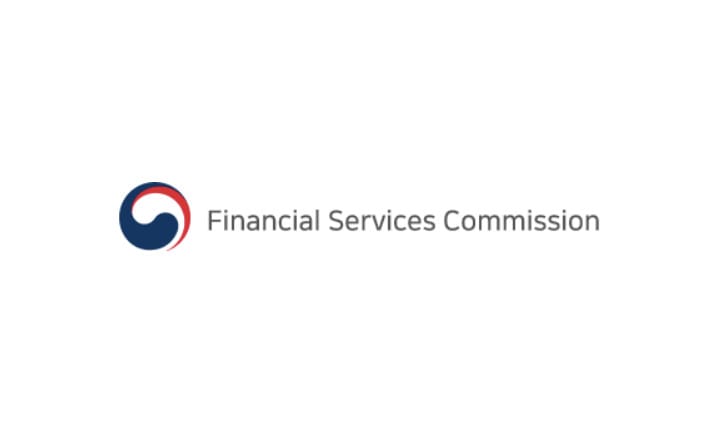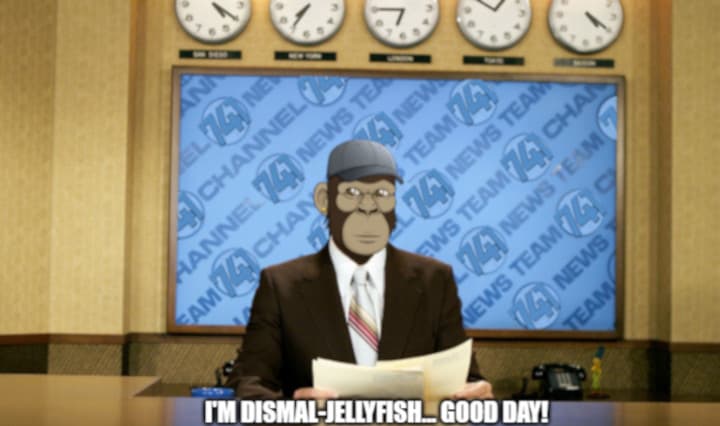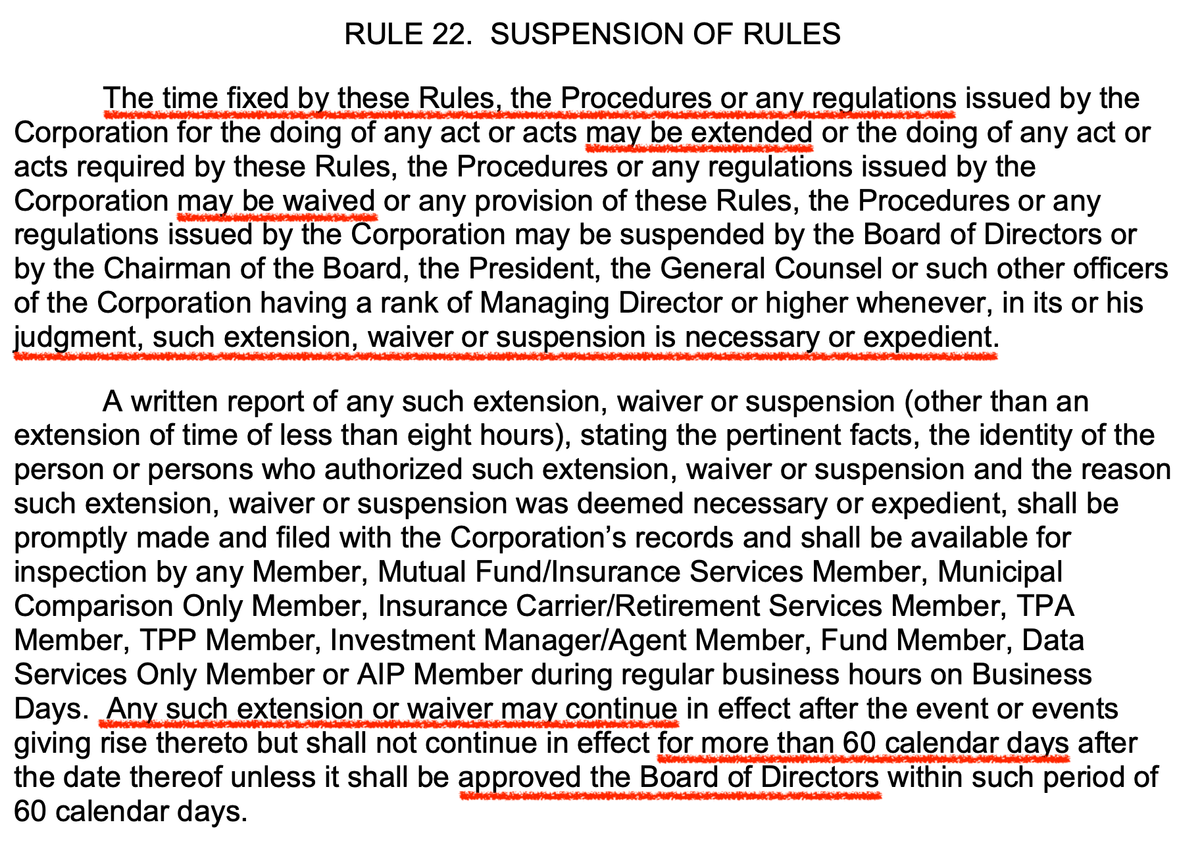Korea's FSC: "After closely studying these cases from overseas, the government is seeking to introduce more diverse sanctions mechanisms against unfair trading activities in capital market."


Today, Korea's Financial Services Commission (FSC) announced a policy seminar organized by the Korea Exchange (KRX) and Korea Capital Market Institute (KCMI) focused on strengthening sanctions against unfair trading activities in the capital market. Vice Chairman Kim Soyoung of the FSC attended the seminar and highlighted the government’s past efforts, progress, and future plans for enhancing sanctions mechanisms.
Highlights from Vice Chairman Kim’s Remarks:
- The government has established a coordinated investigation network among related agencies for frequent information sharing.
- Penalty surcharges have been introduced for major unfair trading activities, including the use of material nonpublic information, price manipulation, and dishonest transactions.
- Incentives for whistleblowers have also been increased.
- Current sanctions, which focus on criminal punishment and monetary penalties, are often slow and ineffective at preventing repeat offenses.
- Other countries, like the U.S. and Hong Kong, have implemented non-monetary sanctions to address these issues.
New Sanctions Mechanisms:
- "After closely studying these cases from overseas, the government is seeking to introduce more diverse sanctions mechanisms against unfair trading activities in capital market."
- The government plans to introduce more diverse sanctions mechanisms, such as prohibiting individuals found guilty of unfair trading from participating in capital markets or serving as executives at listed companies for up to ten years.
- Additionally, those suspected of unfair trading may face suspension of payments from their accounts.
- Authorities are are looking into expanding information disclosure about wrongdoers.
The FSC has been on a roll recently!:
- FSC Chairman holds meeting and emphasizes importance of comprehensive efforts to manage debt risks but not at the risk of short selling reforms.
- "Those who are found to have engaged in unfair trading activities may be subject to criminal punishment or penalty surcharge."
- Korea Financial Service Commission: Short Sale Ban Extended Until March 30, 2025.
- Korea's Financial Service Commission to Implement Short Sale Reform Measures Introduced to Prevent Illegal Trading Activities and Protect Investors.
- Do you like how Korea is cracking down on illegal shorting? Good news! Korea is improving market access for foreign investors by abolishing the need for 'investment registration certificates'.
- Korea's SFC Imposes Penalty Surcharges on Global Investment Banks for Violating Short Sale Regulations. Credit Suisse engaged in naked short sales in the amount of about KRW60.33 billion (162,365 shares on 20 stock items).

TLDRS:
- Korea's Financial Services Commission (FSC) today announced a policy seminar organized by the Korea Exchange (KRX) and Korea Capital Market Institute (KCMI) to strengthen sanctions against unfair trading activities in the capital market.
- Vice Chairman Kim Soyoung of the FSC highlighted the government’s past efforts, progress, and future plans for enhancing sanctions mechanisms during the seminar.
- A coordinated investigation network among related agencies has been established to facilitate frequent information sharing.
- Penalty surcharges have been introduced for major unfair trading activities, such as the use of material nonpublic information, price manipulation, and dishonest transactions.
- Incentives for whistleblowers have been increased to encourage the reporting of wrongdoing.
- Current sanctions, focusing on criminal punishment and monetary penalties, have been deemed slow and ineffective at preventing repeat offenses.
- Other countries, like the U.S. and Hong Kong, have implemented non-monetary sanctions to address these issues more effectively.
- The government plans to introduce new sanctions mechanisms, including prohibiting individuals found guilty of unfair trading from participating in capital markets or serving as executives at listed companies for up to ten years.
- Additionally, those suspected of unfair trading activities may face suspension of payments from their accounts, and authorities are considering expanding information disclosure about wrongdoers.

Korea's FSC: "After closely studying these cases from overseas, the government is seeking to introduce more diverse sanctions mechanisms against unfair trading activities in capital market."
by u/Dismal-Jellyfish in Superstonk
Korea's FSC: "After closely studying these cases from overseas, the government is seeking to introduce more diverse sanctions mechanisms against unfair trading activities in capital market."https://t.co/NkHZySVKVY
— dismal-jellyfish (@DismalJellyfish) August 8, 2024


